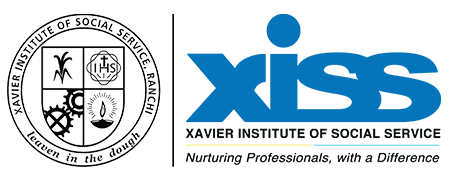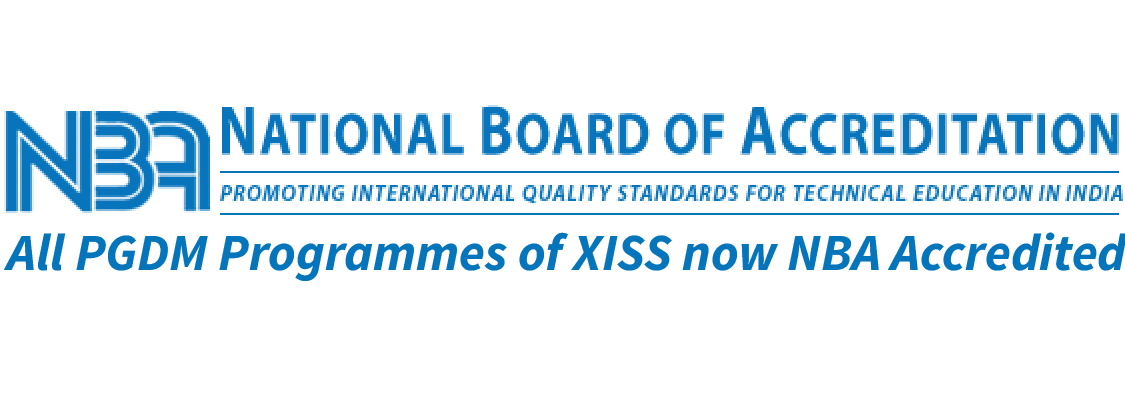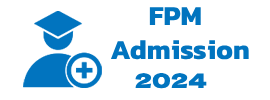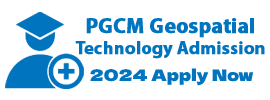Knowledge is one of the most important resources in an organization, be it academic, research, business or industrial organization. Social and economic progress is achieved by many countries principally through the advancement and application of knowledge. In educational institutions, knowledge is present in individual faculty, researcher, administrators and decision-makers and other published sources such as books, journals, course materials, curriculum and research reports, etc. The published sources are knowledge assets of an organization and these traditional knowledge assets are being converted into electronic forms which can be easily preserved, accessed and reused to strengthen the community of researchers and organizational performance. Knowledge Management with the help of information and communication tools improves the organizational efficiency and offers opportunities to share existing knowledge. Knowledge rich organizations generate value from their intellectual and knowledge-based assets. One of the most important knowledge management activities of any academic organization is to collect and disseminate knowledge in the organization.
The XISS culture revolves round learning through experiences, exposures and realization of various situations. This is understood through the various experiences of students vide their regular slum visits, rural camps etc. Thereby, it is a part of the XISS tradition to indulge in experiences and thereby collect and collate them. This particular tradition has now found a solid purpose in the form of the collaboration between XISS and UNICEF. The Knowledge Management Resource Center (KMRC) is thereby aimed at the process of capturing, organizing and storing information and experiences of the students from ‘Thematic Field Work Visits in Slums’ and’ Rural Camps’. Knowledge Management comprises a range of strategies and practices in order to identify, create, represent, distribute, and enable adoption of insights and experiences. Such insights and experiences comprise knowledge, either embodied in individuals or embedded in organizations as processes or practices.
National SeminarNational Seminar on “Securing Childhood: Challenges, Opportunities And Strategies” was organized by Knowledge Management Resource Centre (KMRC) in XISS on 13th & 14th February’2014. This seminar provides a forum for academicians, research scholars, students, NGOs, development practitioners and professional to share and present their work in thematic areas.
National Seminar on “Securing Childhood: Challenges, Opportunities And Strategies” was organized by Knowledge Management Resource Centre (KMRC) in XISS on 13th & 14th February’2014. This seminar provides a forum for academicians, research scholars, students, NGOs, development practitioners and professional to share and present their work in thematic areas.
Hon’Shri Shasank Shekhar Bhokta Speaker, Assembly of Jharkhand, graced the inaugural session as chief guest and Guest of Honour was Smt. Annapurna Devi, Minister, Dept of Social Welfare, GoJ. Welcome address was given by Dr. Fr. Ranjit P. Toppo, S.J. Asst, Director & Co-convenor, XISS and Presidential address by Mr. Job Zachariah, Chief of UNICEF , Jharkhand. Key Note Address highlighting the issues of Child Protection was delivered by eminent specialist Ms. Nina Nayak, Member, Governing Council, Indian Law Institute, New Delhi Former. Member NCPCR & Chairperson, Karnataka SCPCR. A total of 265 delegates from diverse background participated in the Seminar. Eighteen guest speakers and sixteen scholars shared their knowledge and experiences of of working for Child Protection and presented their papers. The Seminar was chaired by Dr. Fr. Ranjit P. Toppo, S.J. Asst, Director and Mr. Job Zachariah, Chief of UNICEF, Jharkhand. Mr. Sanjay Kr. Verma shouldered the responsibility of Organizing Secretary of the Seminar.
Way ForwardExperiments and innovations are the sources of creating new knowledge. Organizations must offer greater room to intellectuals and faculty to take risks and experiments for innovations and new projects. This will be a base for the creation of new knowledge. This autonomy leads the professional to give a new direction for the development of knowledge. Sometimes people don’t take risks to nurture and promote innovative culture of learning and sharing of knowledge due to professional jealousies. Autonomy to organization offers opportunities to new ideas without any fear. Educational and research institutions are reservoirs of knowledge and there is great scope to apply knowledge management practices in these organizations to facilitate sharing of knowledge across the organization. The future of these institutions not only depends on the acquisition, storage, publication and retrieval but also on how the knowledge is filtered, organized and shared to achieve their mission and goals. Knowledge networks of the educational organizations should be equipped with the next generation of tools, perspectives, e-knowledge, skilled manpower and practices of knowledge sharing.





